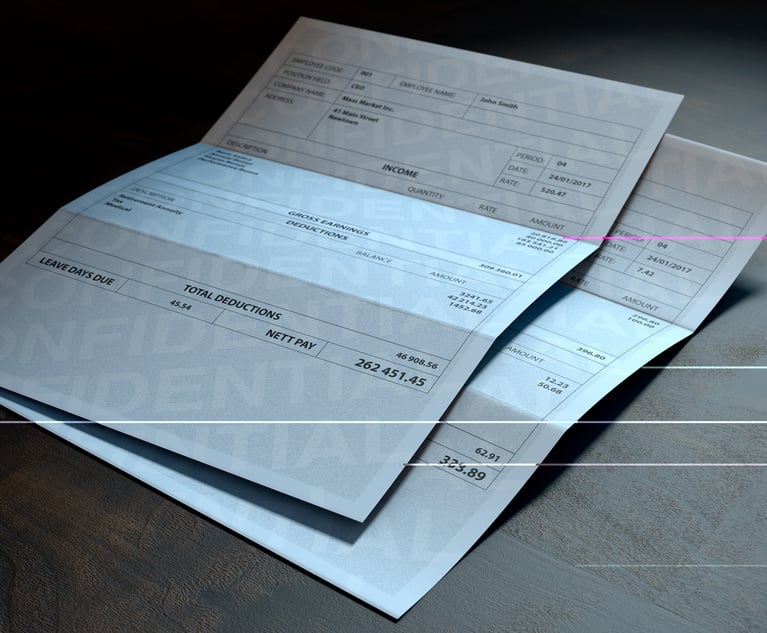New Jersey’s two laws regulating the cannabis industry—one applicable to medical use and the other to “adult” or “recreational” use—condition the issuance and maintenance of required business licenses on the applicant/licensee taking certain union-related actions, such as inviting unions onto private property, introducing union representatives to employees, recognizing a union for collective bargaining purposes, bargaining with a recognized union, and entering into a labor contract.
These private sector employers are also governed by federal labor law, the National Labor Relations Act (NLRA), which is founded on a basic tenet that private sector collective bargaining shall be left to the economic power of each party subject to some governance of the organizing, election and bargaining processes. New Jersey’s extra regulation of cannabis labor relations therefore raises the question whether it can legally co-exist under this federal scheme.


 Credit: Visual Generation Inc. / Shutterstock.com
Credit: Visual Generation Inc. / Shutterstock.com




